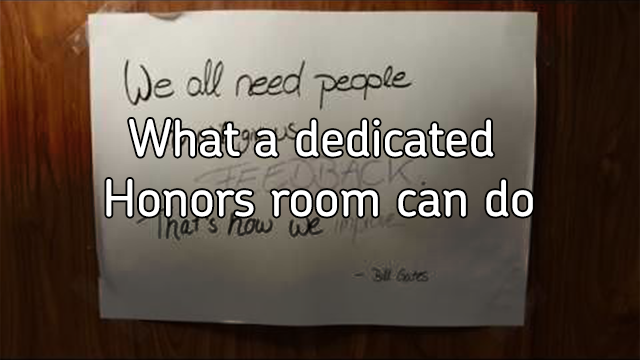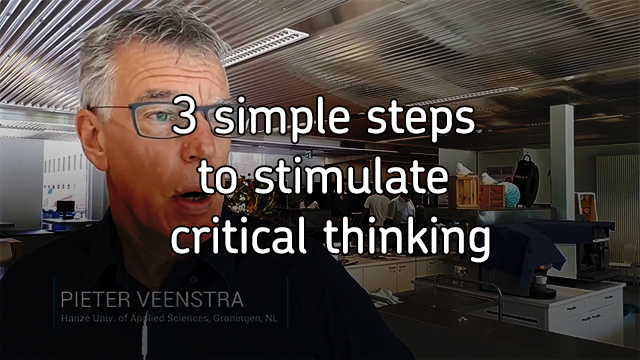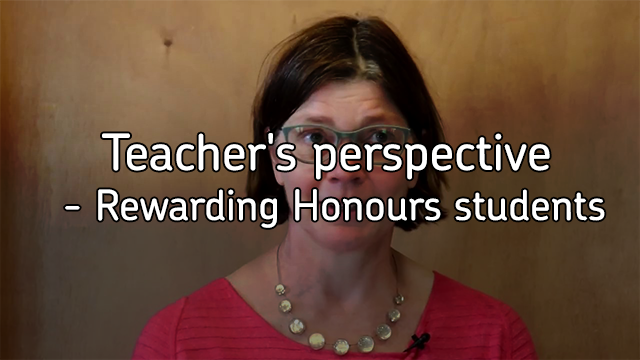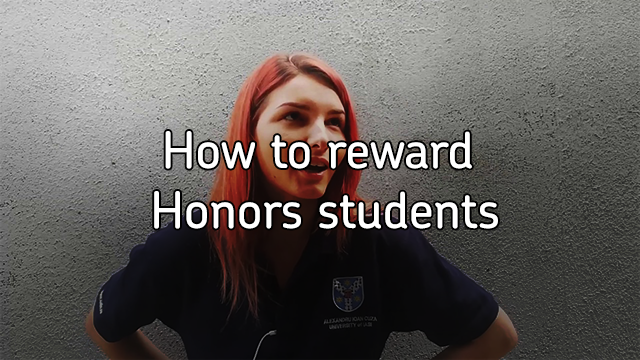Creating community by appreciating questions and remarks
How do you react to questions and remarks of students when you do not have the time right then and there to address them? Sylvia explains different ways of dealing with questions without losing track of your program.
You can enable subtitles by pressing the CC icon on the video
As a teacher you sometimes have an internal conflict: When students ask questions during class, this often is a signal that they are interested, so you want to make room to get to an answer. But on the other hand, there is always your curriculum. You don’t have time to make sidesteps, you have think about your program!
So, how do you deal with this dilemma of making sure you get your program done and answering students’ questions/discussing students’ issues?
Do not discard them, when students think they have something important to ask/discuss and you do not pay attention to them or say you do not have time to go into that matter, they might sulk and not pay attention anymore.
Whenever a question, raised by one student, triggers the whole group to discuss it, you see something happening in that group as a whole! By discussing in the group issues students raised themselves, they might feel acknowledged by the group as well, thus creating community.
There are different ways to react. Here are three teaching strategies to handle questions / remarks:
1. Adopt the question, ask the whole class to think about it for a minute or two and then discuss it with them. Especially when there are no “right” answers to a question or it is a remark that might lead to new insights, it helps to discuss the issue, whether it is directly with the whole class or first in small groups.
2. Adopt the question and ask them to think about answers for next class, discuss it next time. See if you connect it to something that was due for next time already. By placing the issue at hand within the bigger picture, things might become clearer.
3. Put the question in the Parking lot to make sure you will not forget to address it, explain that it will come back later in the program.
Questions for reflection
1. What do you do when students have questions?
2. How can you use one of these ways to deal with questions in class?
3. Have you ever discussed this issue with your colleagues?
4. How much room does the program give you to ‘deviate’?
5. How can you translate/use the ideas presented here into your own lessons?
6. Do you see more ways to apply the “Parking lot”?
Figures:
Sylvia Erlings – Teacher at Rotterdam University of Applied Sciences
Ivana Ruijter – Student at Rotterdam University of Applied Sciences
Makers:
Tanja Nieuwenhuijse – Utrecht University
Elisabeth Addink – Utrecht University
Amy Hill – Rotterdam University of Applied Sciences
Sylvia Erlings – Rotterdam University of Applied Sciences




